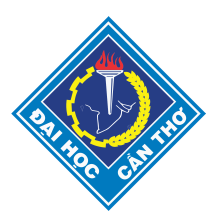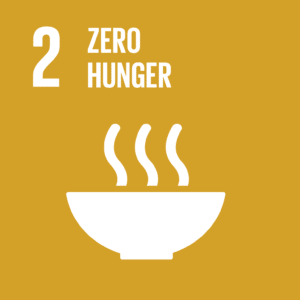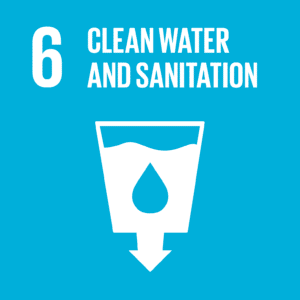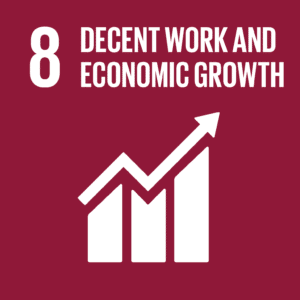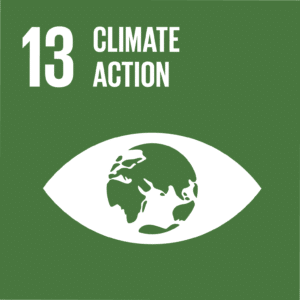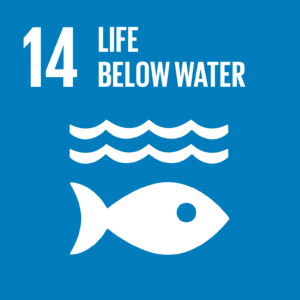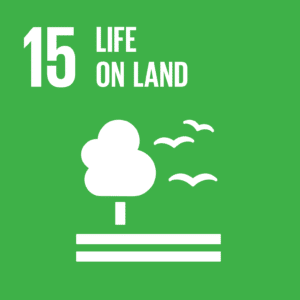Sustainable and circular water use for aquaculture businesses

Resilient and sustainable aquaculture industry around the Mekong Delta in Vietnam
In Vietnam, aquaculture is vital for both the economy and food security. The Mekong Delta, a lifeline for millions of people in Vietnam and a breeding ground for aquaculture, faces challenges in water quality due to intensive aquaculture practices.
Conventional intensive breeding methods have led to the depletion of water resources, resulting in poor water quality and outbreaks of microbial diseases among aquatic species. Climate change, with increased temperatures and unusual rain patterns, is causing even more microbial diseases, exacerbating the situation. Moreover, untreated wastewater and chemicals often end up in groundwater and surface water, which is harmful to the ecosystem and the water sources used for aquaculture.
To combat the increase in diseases, farmers rely on agrobiological and chemical pesticides, diagnostic analyses, and disease-resistant breeding variants. However, traditional diagnostic methods focus on a limited number of pathogens and have not led to climate-adaptive and sustainable water management. Furthermore, recent research has shown that most pathogens are constantly present in the system, even without visible symptoms of disease.
Innovative microbial fingerprinting technology for assessing water quality
Advanced technologies will be deployed to assess the microbial health of water in the Mekong Delta and intensive aquaculture systems. Through periodic sampling, data will be collected on the intake water from the Mekong Delta, effluent water from breeding systems, and the water within the breeding systems themselves.
Using innovative microbial fingerprinting technology, a new standard is established for assessing the ecological water quality in this vital region. This technology provides cultivators with timely insights into deviations in the microbial quality of the breeding water.
This enables them to engage in aquaculture with significantly reduced water exchange, thereby better protecting food security, living conditions, and employment from the negative effects of climate change on the availability of quality water. By wasting less high-quality water, water management can be adjusted to climate-related changes in water parameters, and the microbial quality of effluent water to the Mekong Delta can be improved.
A new AI application of KYTOS technology will be developed to achieve sustainable water management in aquaculture. This will be promoted together with knowledge institutions and partners to local growers and organizations. Additionally, a web application will be developed integrating the geographical map of the Mekong Delta with frequent routine measurements of microbial water quality data. This will provide aquaculture businesses with valuable information about the microbial water quality in their surroundings, enabling them to adapt their practices to changing environmental and climatic conditions. Furthermore, policymakers can be persuaded of the need to incorporate microbial indicators into policies for water quality monitoring and management in the Mekong Delta.
Would you like to know more about this project?



